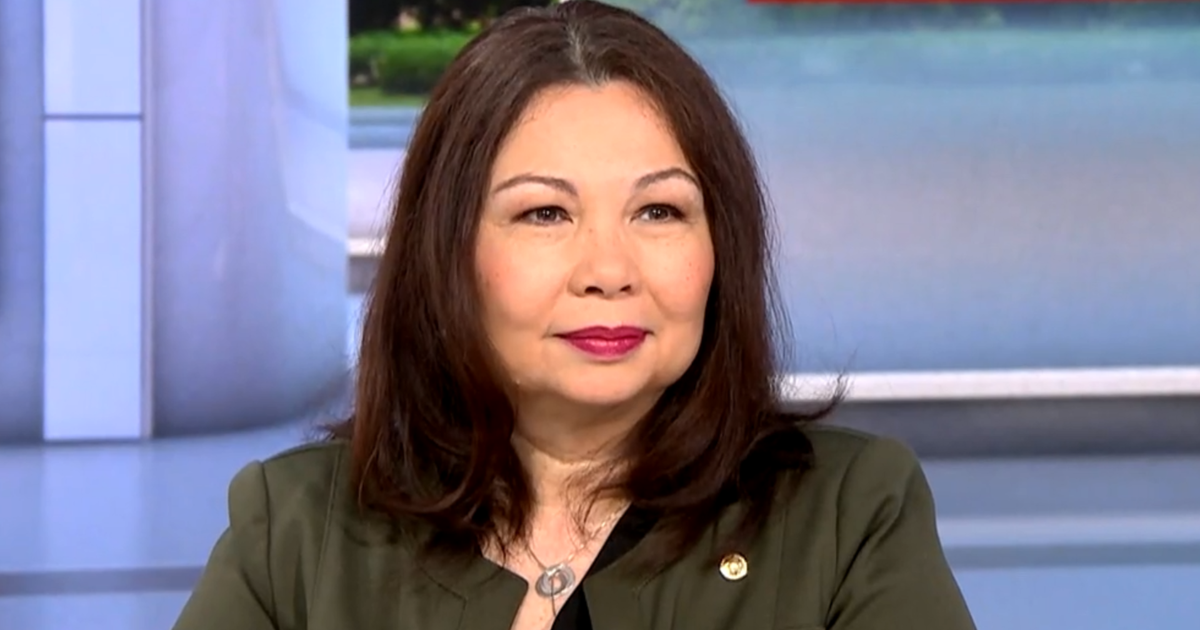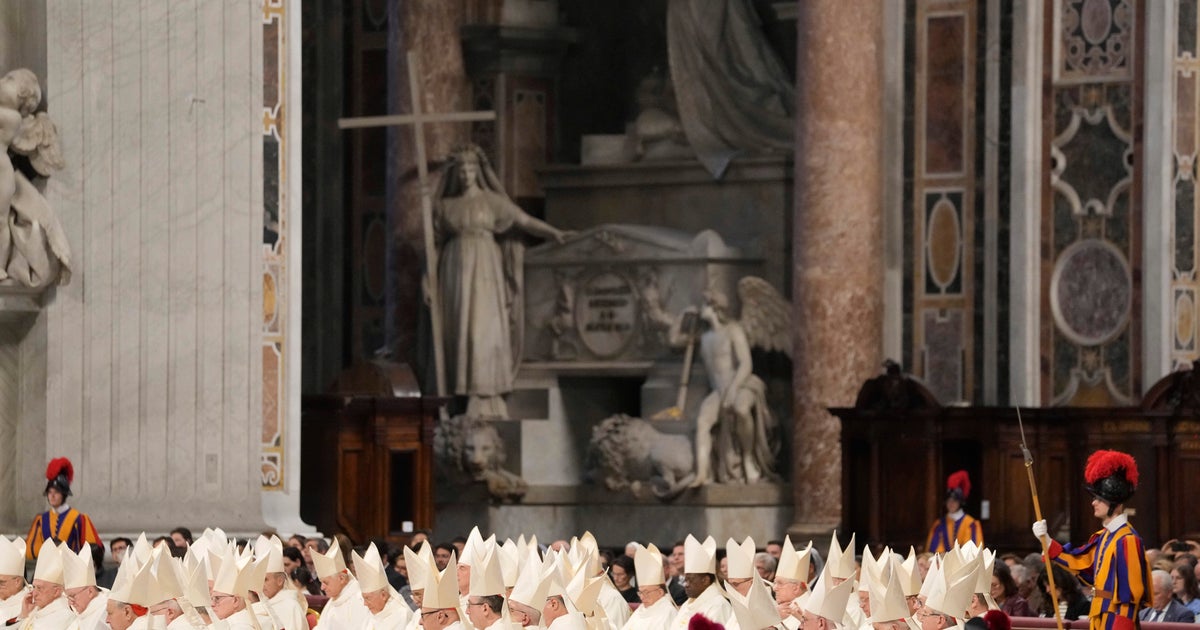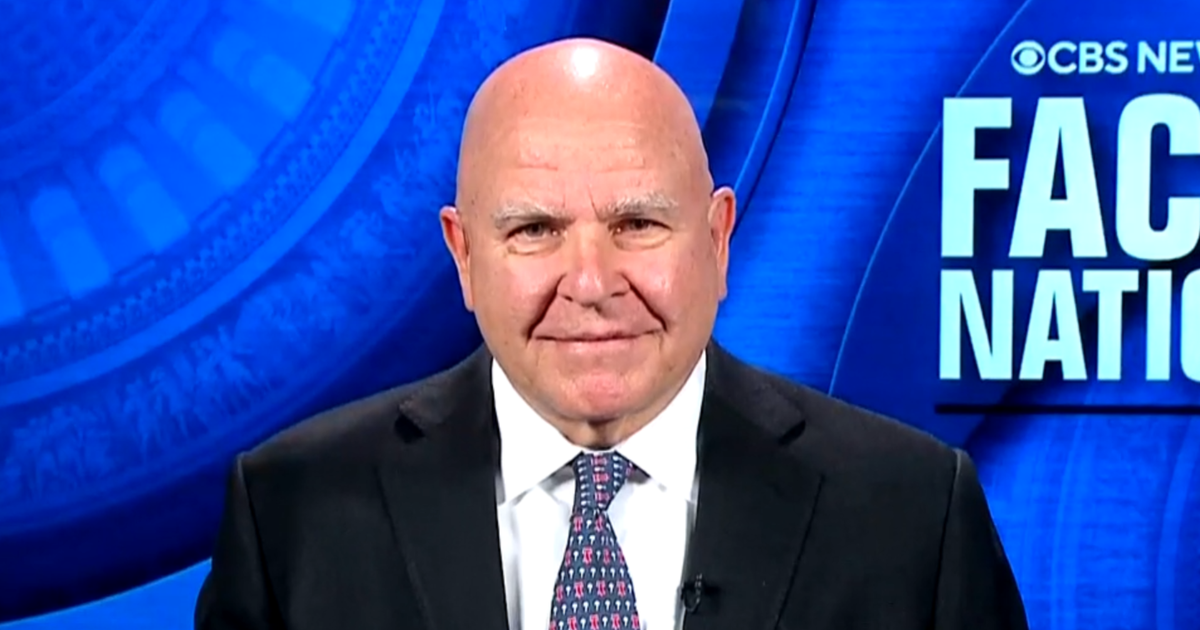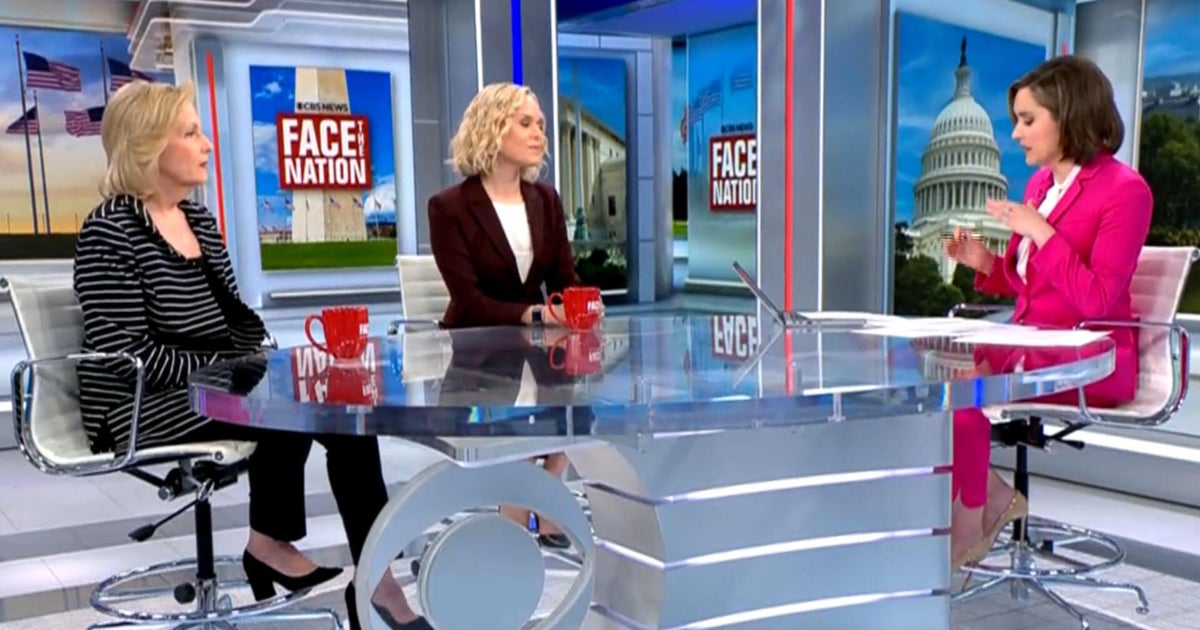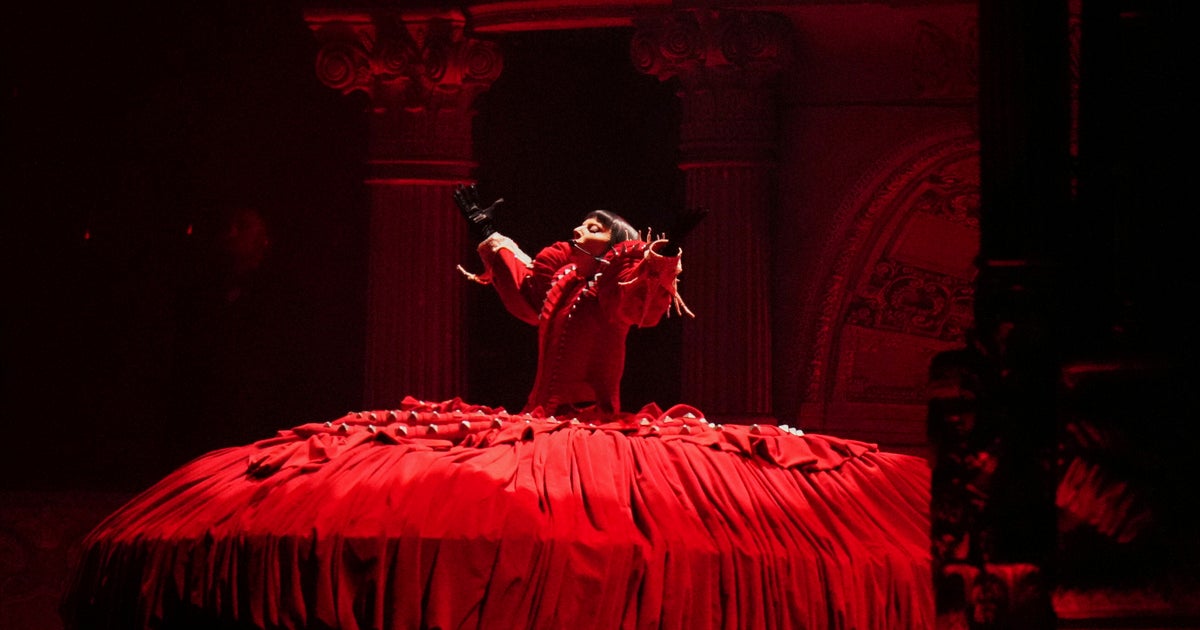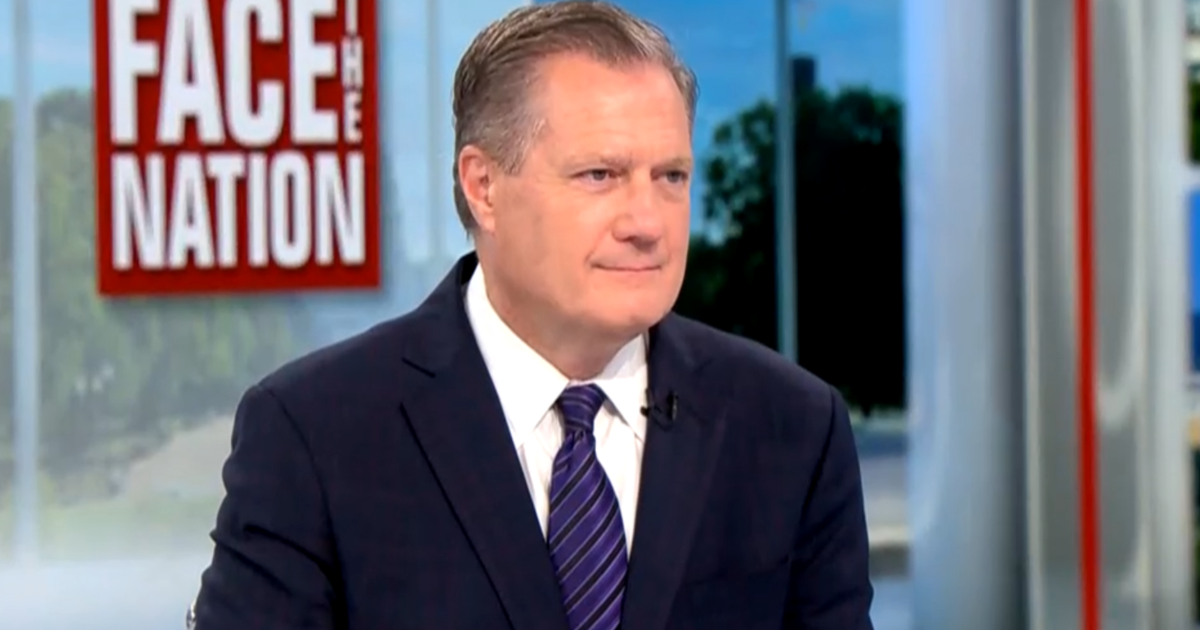This month marks the 100th birthday of Malcolm X, the defiant, charismatic Black leader who electrified America with his blunt talk and biting humor. In his brief 39 years, Malcolm was many things: a street hustler who found religion in prison; a spokesman for the Nation of Islam who preached racial separatism; then, he became that rarest of leaders, one who admits a mistake. He began a new human rights movement that reached out to Whites of good faith.
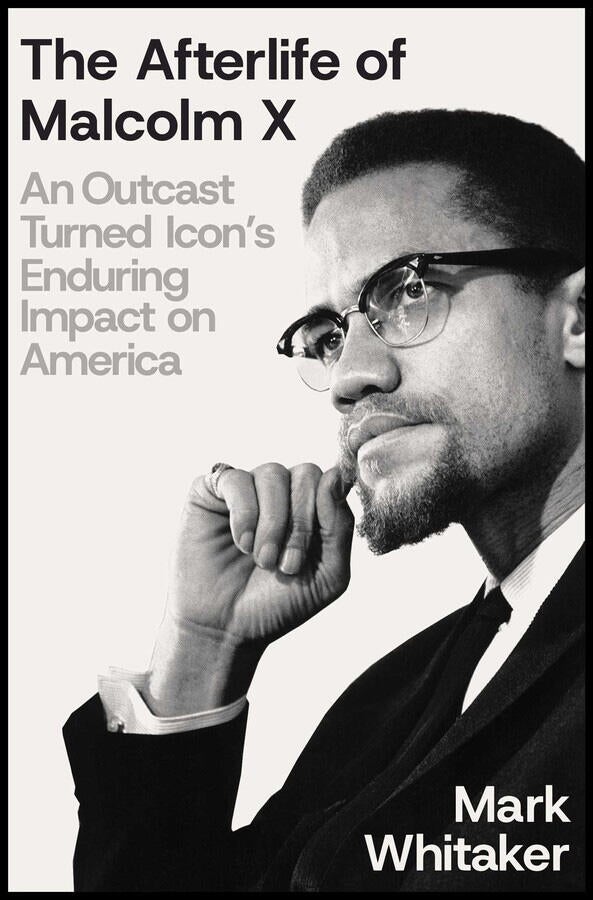 Simon & Schuster
Simon & Schuster
Malcolm's most famous phrase – "By any means necessary" – was widely seen as a threat of violence. But to his admirers, it stood for self-defense, for asserting Black pride and culture, and telling it like he saw it in describing the advances of the civil rights era.
"I will never say that progress is being made," he said. "If you stick a knife in my back nine inches and pull it out six inches, there's no progress."
In 1964, after breaking with the Nation of Islam and publicly accusing its leader, Elijah Muhammad, of adultery, Malcolm was candid with CBS News' Mike Wallace about the danger he faced.
Wallace: "Are you not perhaps afraid of what might happen to you as a result of making these revelations?"
Malcolm X: "Oh yes, I probably am a dead man already."
He was indeed. Seven months later, Malcolm X was murdered at a rally on February 21, 1965. Yet, as I chronicle in my book, "The Afterlife of Malcolm X" (to be published May 13 by Simon & Schuster), in the 60 years since, he has experienced a remarkable afterlife.
It began with "The Autobiography of Malcolm X," which touched millions. Throughout the 1960s, Malcolm inspired leaders of the Black Power and Black Arts movements, and activist athletes like Muhammad Ali and Olympic sprinter John Carlos.
In the 1980s and beyond, hip hop artists invoked Malcolm, and Spike Lee immortalized him on film.
Meanwhile, Supreme Court Justice Clarence Thomas argued that Malcolm was actually a conservative: a believer in self-help, not looking for handouts.
Now, Malcolm X is hailed by scholars alongside Martin Luther King Jr., whose nonviolent message Malcolm once mocked. Historian Peniel Joseph, author of the forthcoming book "Freedom Season," likens them to a sword and a shield. "Malcolm, we usually think of as the political sword of this period; Dr. King, as the political shield," said Joseph. "I'd say the differences between them were really about how they conceptualized freedom for Black people.
"King has the famous quote where he says the law can't make somebody like me, but it can prevent someone from lynching me, right? That was Dr. King. Malcolm really felt that Black people needed to recognize their own dignity," Joseph said.
"So, it was a sort of a psychological liberation that had to happen before the political liberation?" I asked.
"Yes, dignity meant that we would no longer suffer from self-hatred and self-loathing, which Malcolm diagnosed as one of the ills of the ghetto," Joseph replied.
In a 1962 speech in Los Angeles, Malcolm X asked those in attendance: "Who taught you to hate the shape of your nose and the shape of your lips? Who taught you to hate yourself, from the top of your head to the soles of your feet?"
Those piercing questions, and that call to self-belief, still resonate in the fractious politics of today, as does Malcolm's warning to Mike Wallace about the consequences of injustice:
Malcolm X: "White people don't realize how frustrated Negroes have become."
Wallace: "I think they have come to understand the Negroes' frustration. But they're also of the opinion that no good can possibly come from violence."
Malcolm X: "If they are of that opinion, Mike, if you think that the powder keg that's in your house is going to explode under certain conditions, either you have to remove the powder keg, or remove the conditions."
READ AN EXCERPT: "The Afterlife of Malcolm X" by Mark Whitaker
In his book exploring the cultural hold that the activist continues to hold decades after his death, journalist Mark Whitaker examines the artistic choices made by Spike Lee and Denzel Washington in their masterful 1992 biopic, "Malcolm X."
For more info:
O. Florian Jenkins, "Malcolm, A Lifestyle," panel six from "The Temple Murals: The Life of Malcolm X," June 15-October 15, 1972, acrylic on canvas. Hood Museum of Art, Dartmouth: Commissioned by the Afro-American Society, Dartmouth College; P.972.231.6. © Rev. O. Florian Jenkins
Story produced by Reid Orvedahl. Editor: Jason Schmidt.
See also:

